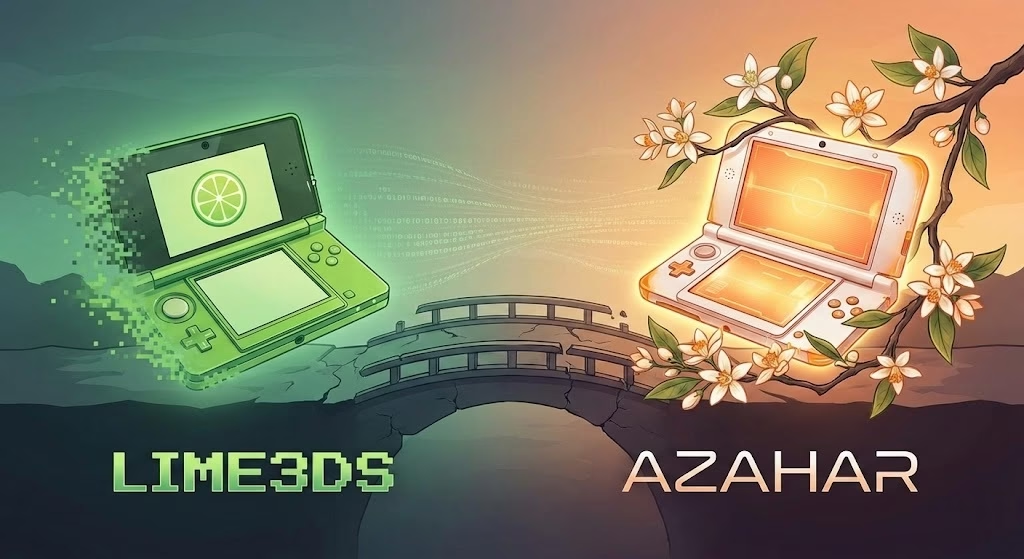How to make gold on Pax Dei Guide
In the world of Pax Dei, gold is the engine of civilization. It’s the universal currency for trade, the key to acquiring Grace (which enables fast travel and utility buffs), and the ultimate measure of your economic power. Unlike MMOs with endless NPC vendors, the entire Pax Dei economy is driven by players.
To get rich, you can’t just kill a boar and sell its hide to an NPC—you need to master one of the two core gold-making paths: Looting or Production.
1. The Foundation: How Gold Enters the Economy
Before you can trade, gold needs to exist. There are two primary ways gold coins are injected into the game’s economy:
A. Mob Farming (The Adventurer’s Path)
The most direct source of raw gold is killing humanoid NPCs and specific monsters in the world.
- Target Humanoids: Focus on enemy camps, ruins, and dungeons. Humanoid mobs (bandits, cultists, etc.) are the primary source of direct gold coin drops.
- The Grind: This method is reliable for consistent daily income and is often necessary to fund your first few ventures into the player market.
- Efficiency: Create an efficient farming route. The profit is not just the gold dropped, but also the valuable, rare components (like magical ingredients for high-tier crafting) that you can sell to crafters.
B. Selling to the Market (The Merchant’s Path)
Once you have items—either raw materials or finished products—you turn them into gold by selling them via Market Stalls.
- Market Stalls are Key: You must craft and place a Market Stall on your claimed plot to list items for sale. This is the official hub of commerce.
- Transaction Fees: Be aware that market transactions involve a small gold fee, which acts as a gold sink to regulate the economy.
2. The Golden Rule: Specialize and Produce
The real fortunes in Pax Dei are made by crafters who bypass the early game grind and focus on high-volume or high-tier specialization.
A. Master a Consumable Craft
Consumables are items that players constantly use up and therefore constantly need to buy.
| Specialization | High-Demand Products | Why it Makes Gold |
| Alchemy | Health, Stamina, and Protection Potions. | Everyone needs buffs and healing in combat. High-tier potions use rare herbs and reagents, creating huge profit margins. |
| Cooking | High-Quality Food and Drink. | Food provides crucial and long-lasting buffs (HP regen, Stamina increase) that no player can ignore. Master chefs sell volume. |
| Carpentry | Wooden Beams, Planks, Pegs. | All construction requires these. Players with big settlements or clans will pay a premium to skip the endless wood chopping and processing. |
B. Dominate a Gear Market
Gear is in demand because of PvP death and the eventual wear-and-tear (durability loss).
- Weaponsmithing & Armorsmithing: Focus on mid-to-high tier gear. Low-tier gear is easy for players to self-supply. Focus on Bronze and Iron equipment early on, and then progress to high-tier materials found in the Wildlands.
- Jewelry Making: Crafting powerful accessories like Rings, Amulets, and Circlets that provide crucial stat bonuses and often require rare, hard-to-find gems.
C. Resource Flipping & Refining
Many players just want a quick buck and will sell raw materials cheap. You can capitalize on their impatience.
- Buy Raw: Purchase large quantities of Ore, Hides, or Flax Fiber.
- Refine: Process them into more valuable goods (e.g., Ore $\rightarrow$ Ingots $\rightarrow$ Bars; Hides $\rightarrow$ Leather; Fiber $\rightarrow$ String/Cloth) using your crafted workstations (Furnace, Tanning Rack, etc.).
- Sell High: Sell the finished, processed materials. The profit comes from selling the time and skill you invested in the refinement process.
3. The Art of the Sale: Maximize Market Profit
Having a product isn’t enough; you need an effective sales strategy.
- Location: While you can only place a stall on your plot, try to claim land close to established player-run trade hubs or major shrines to ensure your items are seen.
- Market Research: Before listing, travel to a few other stalls and check local chat to gauge prices. Don’t blindly set a price—a few gold difference can make your product sell instantly or sit for days.
- Bulk Selling: Low-tier items (like basic planks or copper ingots) often sell better in large stacks (e.g., 500 or 1000 units) because buyers are typically high-volume crafters.
- The Grace Incentive: Remember that players will spend gold to acquire Grace for fast travel. This acts as a reliable gold sink that keeps demand for the currency high, ensuring your items will always sell to fund someone’s next journey or crafting session.
Master one of these paths—be the adventurer who supplies the gold, or the master crafter who circulates it—and you’ll be well on your way to economic domination in Pax Dei.






Post Comment